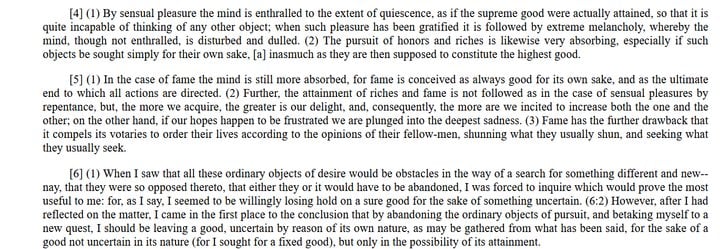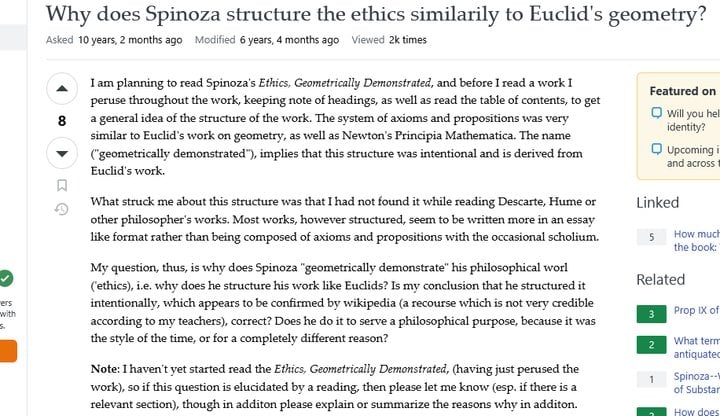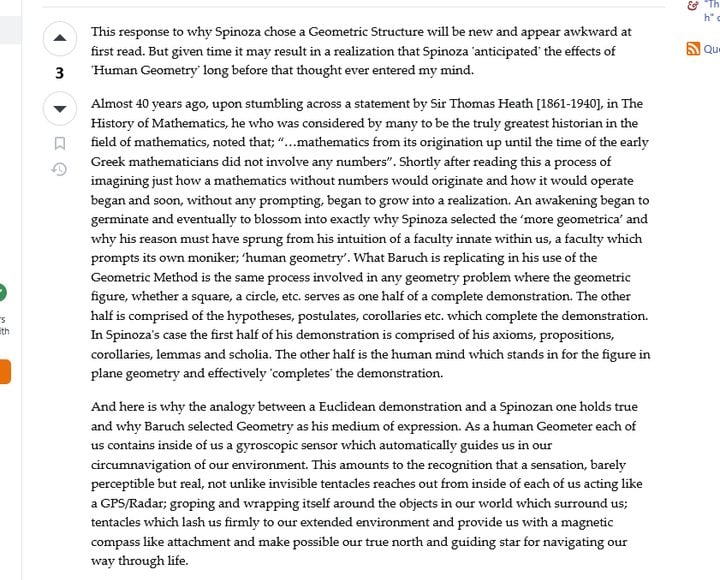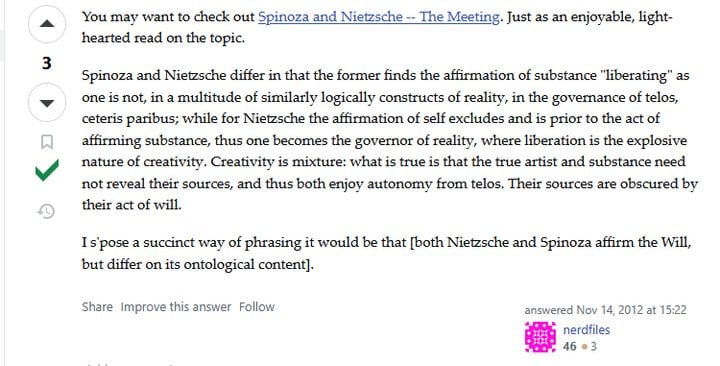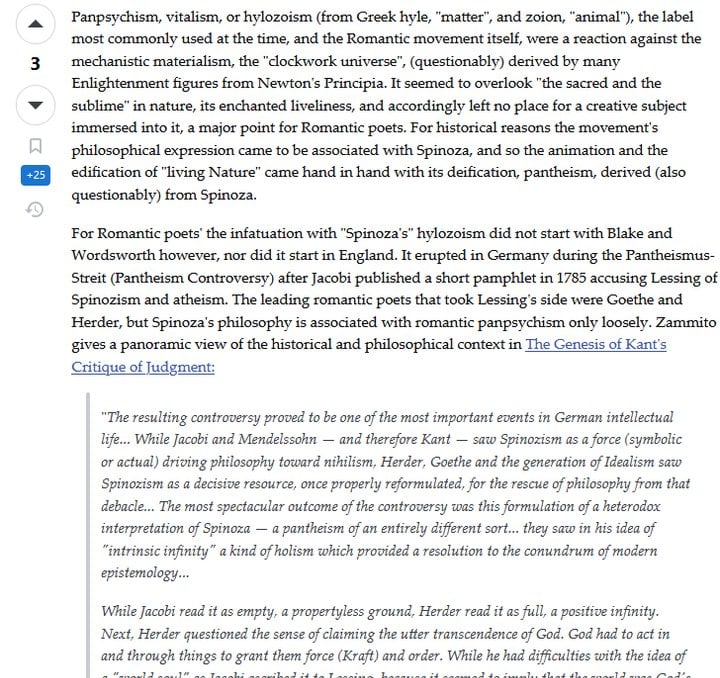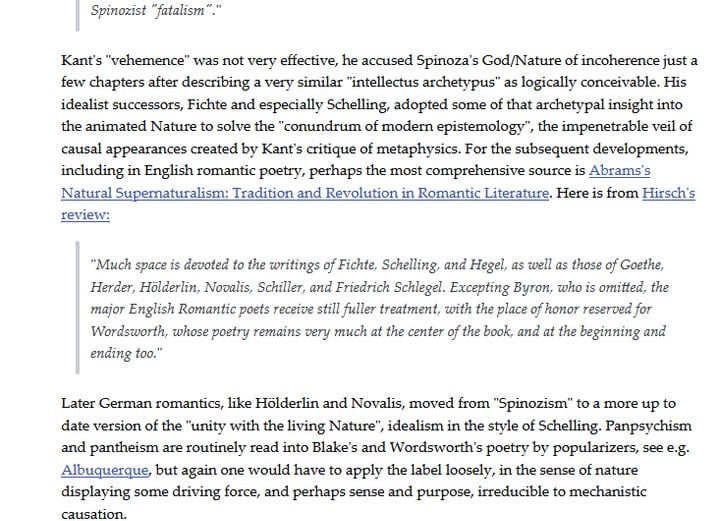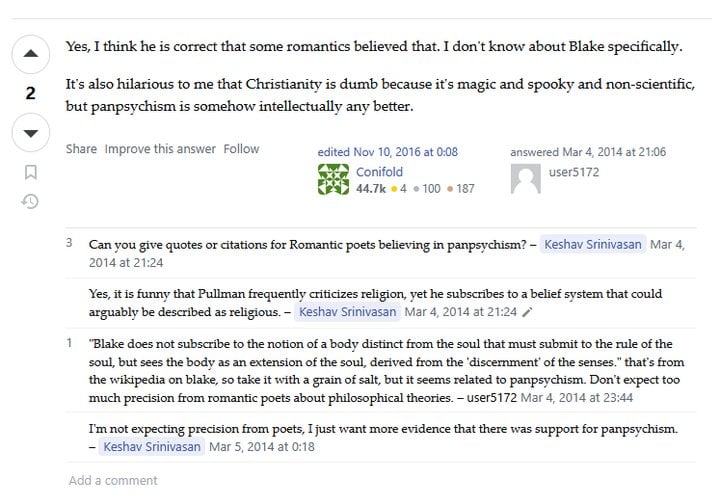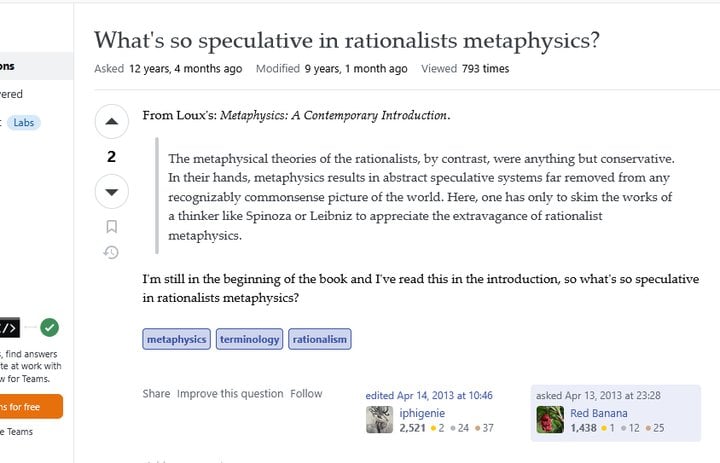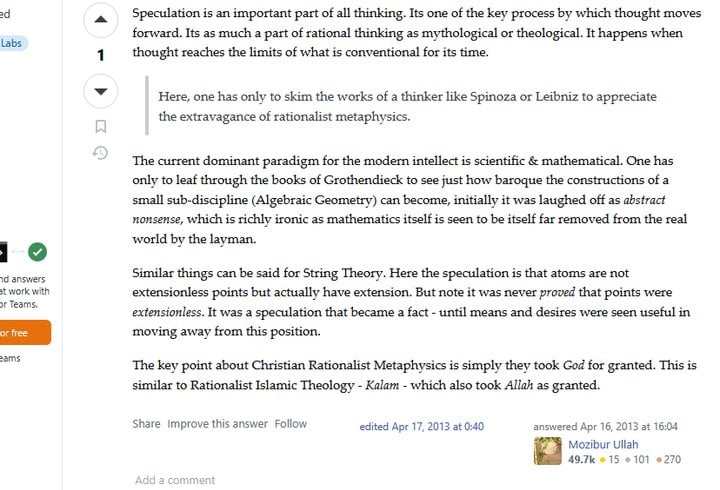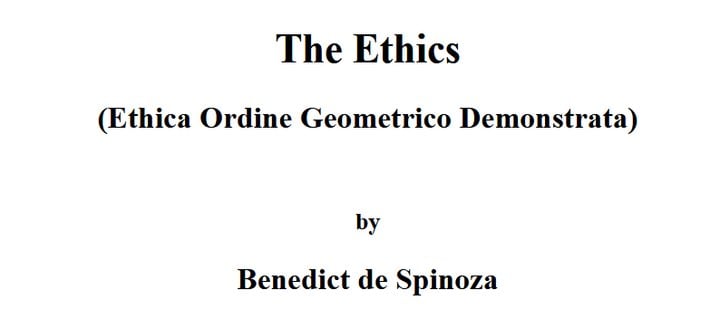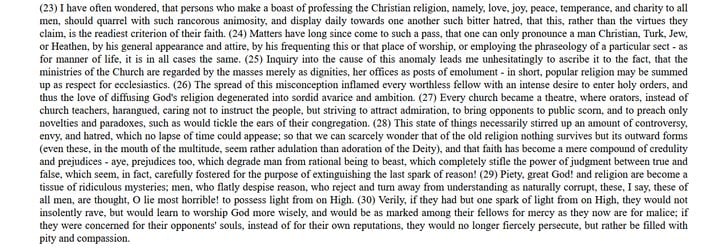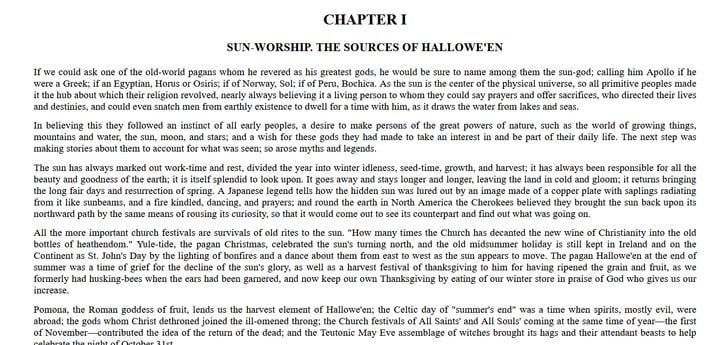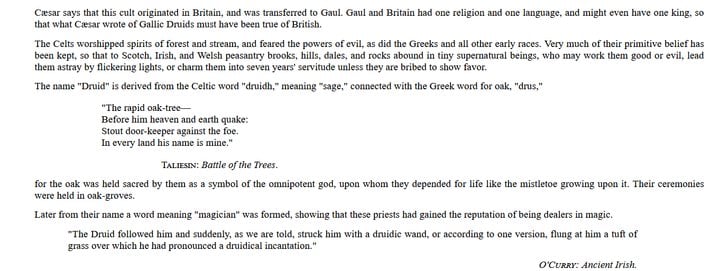Bow Past #3

"The resulting controversy proved to be one of the most important events in German intellectual life... While Jacobi and Mendelssohn — and therefore Kant — saw Spinozism as a force (symbolic or actual) driving philosophy toward nihilism, Herder, Goethe and the generation of Idealism saw Spinozism as a decisive resource, once properly reformulated, for the rescue of philosophy from that debacle... The most spectacular outcome of the controversy was this formulation of a heterodox interpretation of Spinoza — a pantheism of an entirely different sort... they saw in his idea of "intrinsic infinity" a kind of holism which provided a resolution to the conundrum of modern epistemology...
While Jacobi read it as empty, a propertyless ground, Herder read it as full, a positive infinity. Next, Herder questioned the sense of claiming the utter transcendence of God. God had to act in and through things to grant them force (Kraft) and order. While he had difficulties with the idea of a "world soul" as Jacobi ascribed it to Lessing, because it seemed to imply that the world was God's body, he claimed that seen properly, i.e., sub specie aeternitatis, the material world turned simply into the realized reason of God... Kant, learning of this development, applied himself in the Third Critique vehemently to the rejection of Herder's vitalist pantheism as well as to the refutation of Spinozist "fatalism".
Note II.—No doubt it will be difficult for those who think about things loosely, and have not been accustomed to know them by their primary causes, to comprehend the demonstration of Prop. vii.: for such persons make no distinction between the modifications of substances and the substances themselves, and are ignorant of the manner in which things are produced; hence they may attribute to substances the beginning which they observe in natural objects. Those who are ignorant of true causes, make complete confusion—think that trees might talk just as well as men—that men might be formed from stones as well as from seed; and imagine that any form might be changed into any other. So, also, those who confuse the two natures, divine and human, readily attribute human passions to the deity, especially so long as they do not know how passions originate in the mind. But, if people would consider the nature of substance, they would have no doubt about the truth of Prop. vii. In fact, this proposition would be a universal axiom, and accounted a truism. For, by substance, would be understood that which is in itself, and is conceived through itself—that is, something of which the conception requires not the conception of anything else; whereas modifications exist in something external to themselves, and a conception of them is formed by means of a conception of the thing in which they exist. Therefore, we may have true ideas of non—existent modifications; for, although they may have no actual existence apart from the conceiving intellect, yet their essence is so involved in something external to themselves that they may through it be conceived. Whereas the only truth substances can have, external to the intellect, must consist in their existence, because they are conceived through themselves. Therefore, for a person to say that he has a clear and distinct—that is, a true—idea of a substance, but that he is not sure whether such substance exists, would be the same as if he said that he had a true idea, but was not sure whether or no it was false (a little consideration will make this plain); or if anyone affirmed that substance is created, it would be the same as saying that a false idea was true—in short, the height of absurdity. It must, then, necessarily be admitted that the existence of substance as its essence is an eternal truth. And we can hence conclude by another process of reasoning—that there is but one such substance. I think that this may profitably be done at once; and, in order to proceed regularly with the demonstration, we must premise:——

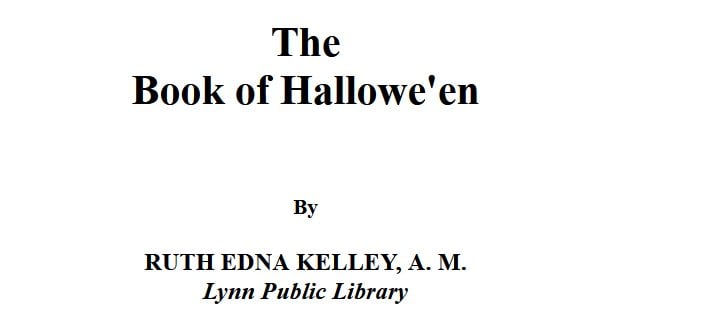

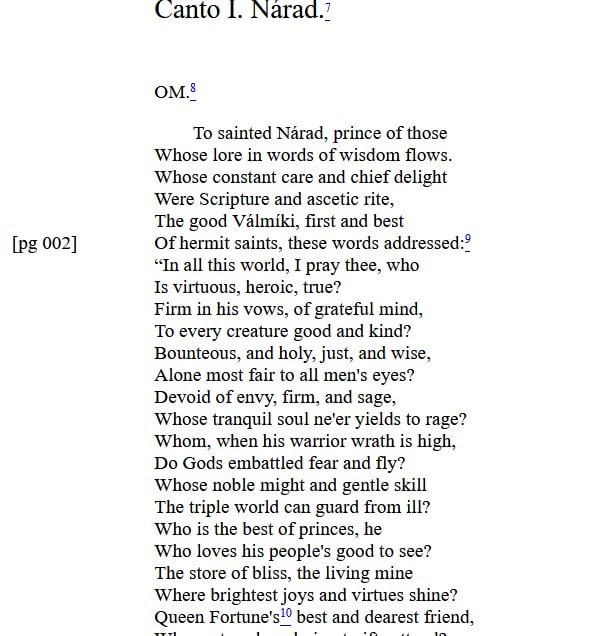
...




